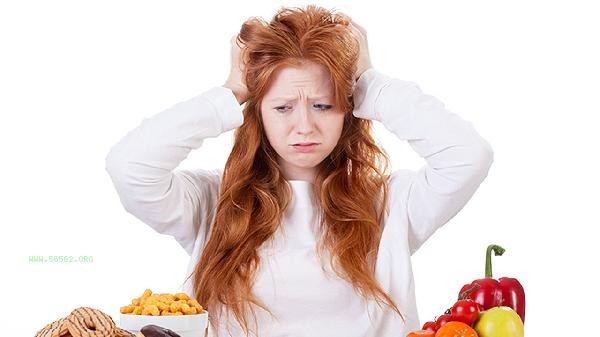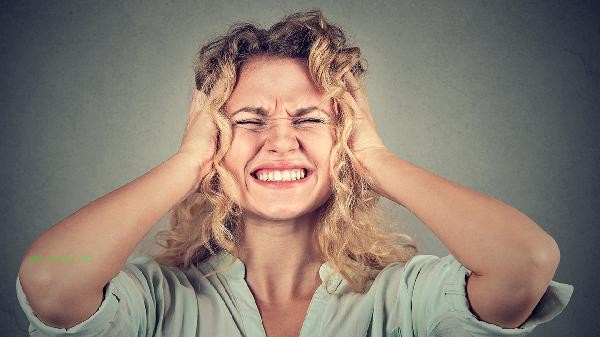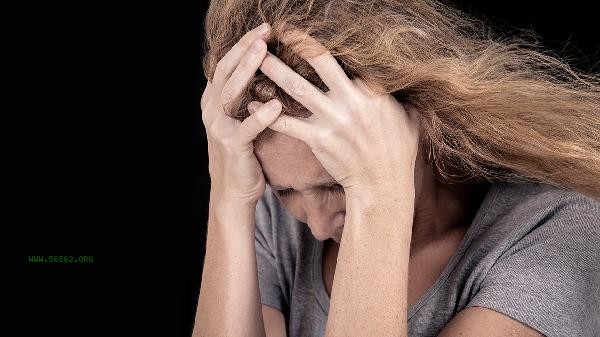Menopausal anger can be alleviated through psychological adjustment, dietary adjustment, exercise intervention, medication treatment, traditional Chinese medicine regulation, and other methods. Menopausal emotional fluctuations are usually related to changes in hormone levels, autonomic nervous system disorders, psychological stress, chronic diseases, social environment, and other factors.

1. Psychological regulation
Menopausal women are prone to emotional distress, and can alleviate their emotions through mindfulness meditation, psychological counseling, social activities, and other methods. Mindfulness meditation can help reduce cortisol levels, and practicing breathing exercises for 10-15 minutes daily can stabilize emotions. Psychological counseling can help identify emotional triggers and learn cognitive-behavioral therapy to improve negative thinking. Regularly participating in interest groups or gatherings with friends and family can reduce feelings of loneliness and enhance the social support system.
2. Dietary Adjustment
Increase foods rich in tryptophan, such as millet and bananas, to promote serotonin synthesis and alleviate anxiety. Moderate supplementation of flaxseed and omega-3 fatty acids in deep-sea fish can help improve nerve conduction function. Limit caffeine and alcohol intake to avoid stimulating nerves and exacerbating hot flashes and emotional fluctuations. Ensure sufficient drinking water daily to maintain the water needed for brain metabolism.
3. Exercise intervention
Engaging in 3-5 aerobic exercises such as brisk walking, swimming, etc. per week for more than 30 minutes each time can increase endorphin secretion. Yoga or Tai Chi and other gentle exercises can regulate the balance of the autonomic nervous system and improve sleep quality. Resistance training such as elastic band exercises can enhance bone health and prevent emotional problems caused by menopausal osteoporosis. Warm up and stretch before and after exercise to avoid sports injuries.

4. Medication therapy
Hormone replacement therapy requires the use of medications such as estradiol valerate tablets and estradiol drospirenone tablets under the guidance of a doctor. For symptoms of anxiety and depression, antidepressants such as paroxetine hydrochloride tablets and escitalopram oxalate tablets can be taken according to medical advice. Traditional Chinese patent medicines and simple preparations Rukunbao Pill and Gengnian Tablet have the effect of nourishing yin and calming nerves. Regularly check liver and kidney function during medication to avoid long-term high-dose use.
5. Chinese Medicine Conditioning
acupuncture and moxibustion selects Taichong, Sanyinjiao and other acupoints to soothe the liver and relieve depression, and cooperates with ear points to press beans to regulate endocrine. Traditional Chinese medicine formulas such as Xiaoyao San and Ganmai Dazao Tang can be used for differential diagnosis and treatment. Moxibustion at acupoints such as Guanyuan and Shenshu improves symptoms of yang deficiency. Massaging the meridians on the head can help relax the nerves. Traditional Chinese medicine treatment needs to take effect for 1-3 months, during which time avoid eating raw, cold, spicy food.

Menopausal emotional management requires comprehensive intervention. It is recommended to maintain a regular sleep schedule and sleep for no less than 7 hours at night. Sunbathing for 30 minutes daily promotes vitamin D synthesis, and consuming soy products 2-3 times a week supplements phytoestrogens. Learn emotional diary recording method to identify sources of stress, avoid overwork and emotional suppression. Family members should provide full understanding and create a relaxed and harmonious family atmosphere. If the symptoms continue to worsen or are accompanied by physical symptoms such as palpitations and headaches, it is necessary to seek medical attention promptly at a gynecology or endocrinology department.




Comments (0)
Leave a Comment
No comments yet
Be the first to share your thoughts!